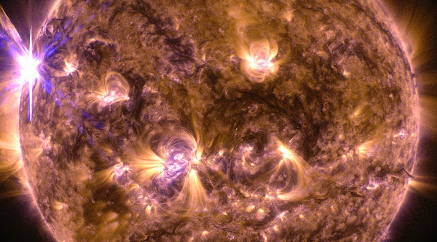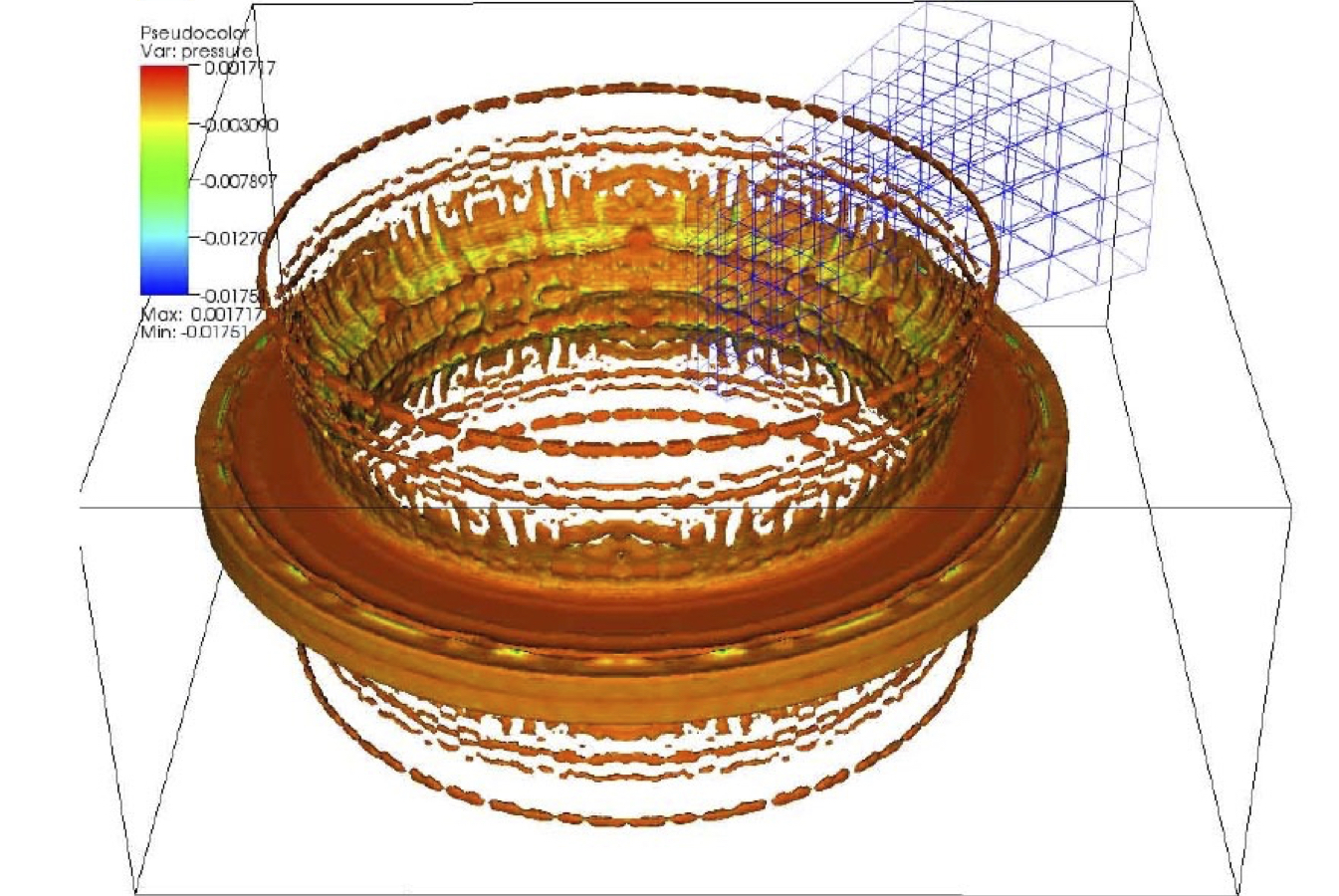
Change Hawaiʻi
The current Hawai’i Established Program to Stimulate Competitive Research (EPSCoR) Change Hawaiʻi (HI) project is a five-year, $20 million National Science Foundation award to fund research, education and capacity building in support of actionable climate science. Change(HI) improves our understanding and builds resiliency to the impacts of climate change by incorporating climate science and data science tools in an unprecedented, multi-scale collaboration effort to promote climate-informed, data-driven discoveries.
Machine Learning in Microbiome Science
In collaboration with researchers at the Pacific Bioscience Research Center, University of Hawaiʻi (UH) at Mānoa Professor of Information and Computer Science (ICS) Peter Sadowski has a $2,500,000 National Science Foundation grant to use machine learning to study how microbes influence food web structure and efficiency. This project will leverage novel deep learning architectures that account for microbe phylogeny and large databases of metagenomic data.


Deep Learning in Astronomy
Xudong Sun at the Institute for Astronomy and Peter Sadowski in ICS are using deep learning to infer the structure of the sun’s atmosphere using data from the Daniel K. Inouye Solar Telescope (DKIST) on Maui, as part of a $1,000,000 NSF grant.
AI in Medical Imaging
ICS faculty Peter Washington and Peter Sadowski collaborate with John Shepherd at the UH Cancer Center to apply artificial intelligence (AI) to medical imaging applications, including total-body DXA, breast cancer detection, and the Makawalu project which is developing a portable AI-based ultrasound breast cancer screening tool. The AI Precision Health Institute affinity group runs monthly seminars open to the public.


High Performance Computing in Fluid Dynamics
UH Information Technology Services Computational Scientist Alice Koniges leads the PISALE Code Lab. PISALE short for the Pacific Island Structured-AMR with ALE is a codebase used in modern high performance computing (HPC) platforms and supports the continued success of research and modeling for a wide variety of areas and has disparate applications. The PISALE codebase contains a partial differential equation (PDE) solver framework based on the combined methods of ALE (Arbitrary Lagrangian Eulerian) dynamics and structured AMR (Adaptive Mesh Refinement). PISALE uses an explicit time-marching Lagrange step to advance the flow-field through a physical time step. The optional second phase involves a modification of the grid and a remapping (interpolation) of the solution to the new grid.
